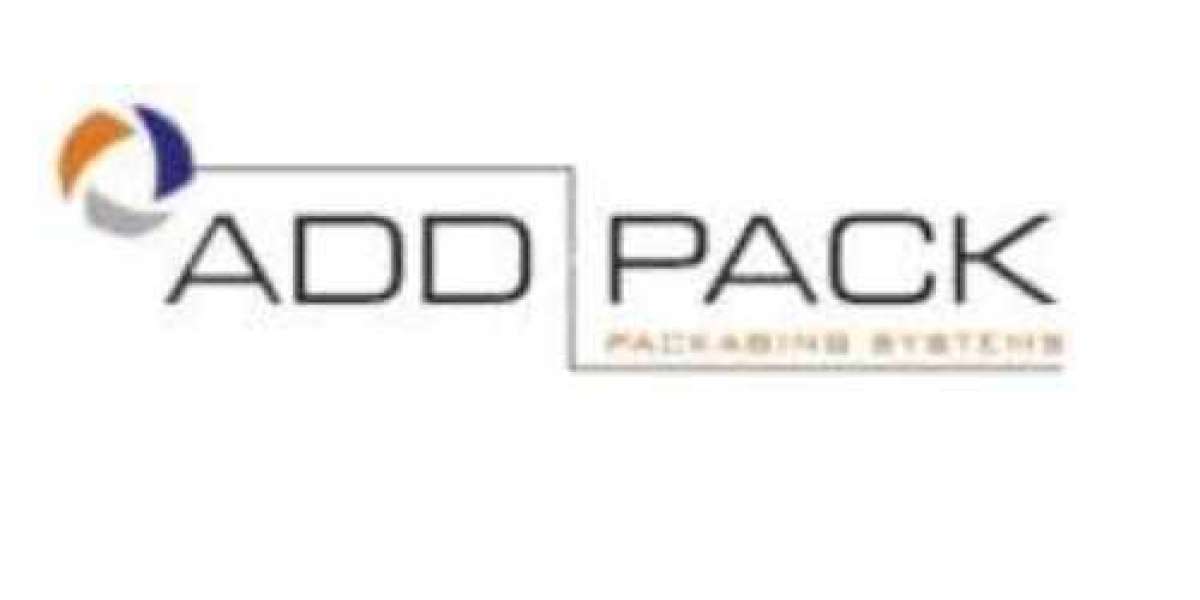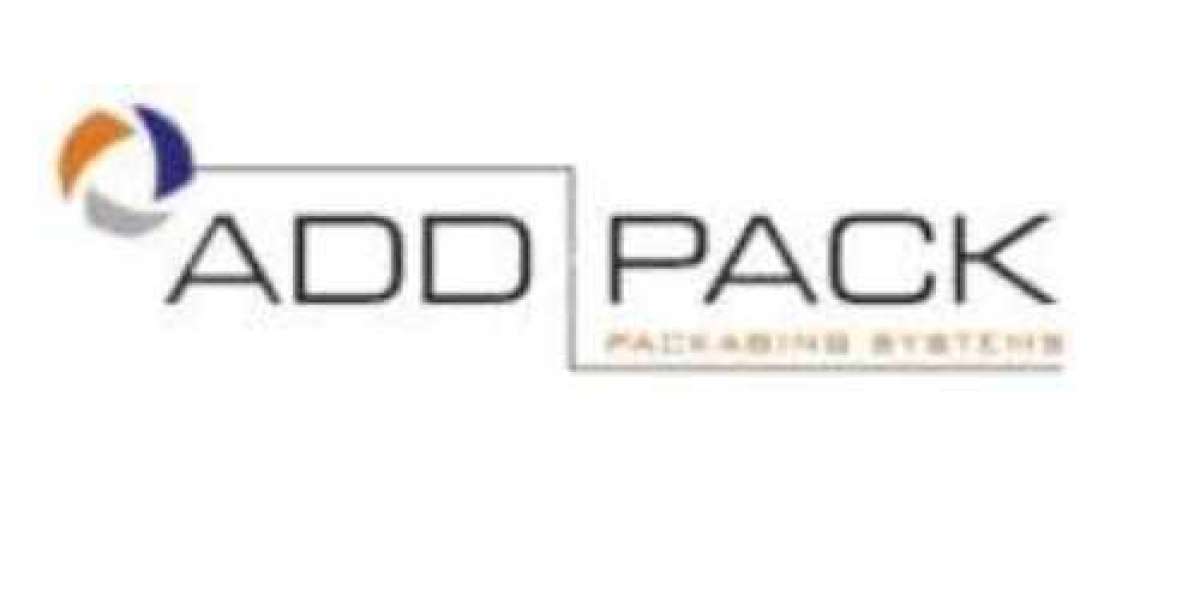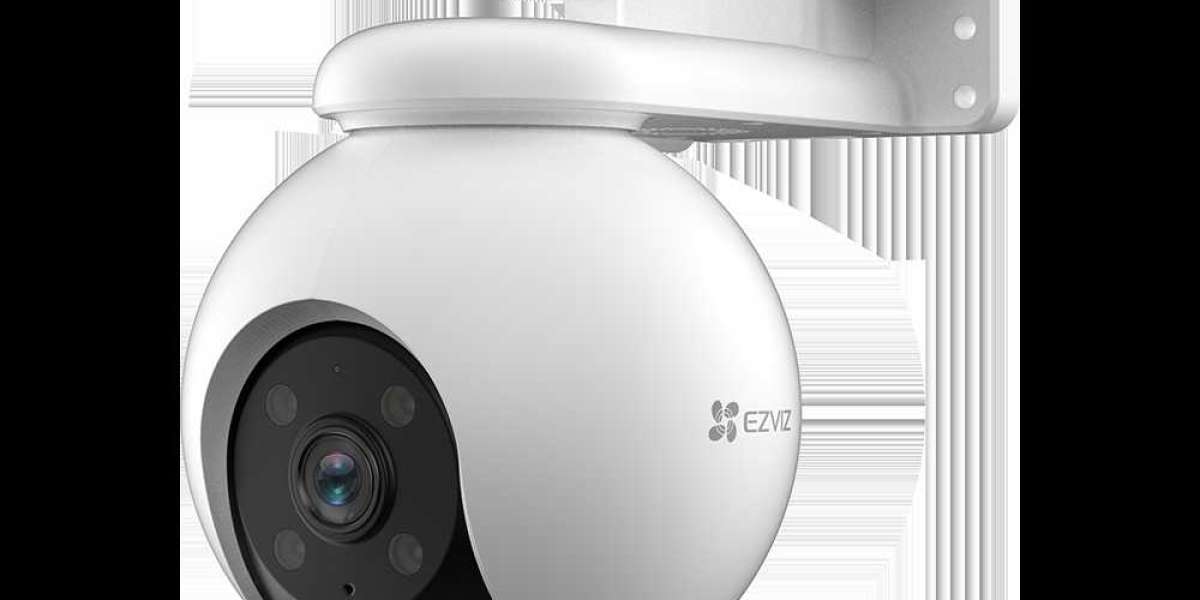Choosing the right construction equipment is crucial for the success of any construction project. In a bustling city like Delhi, where construction activity is in full swing, selecting the appropriate equipment can significantly impact the efficiency, safety, and cost-effectiveness of your project. This guide will help you navigate the process of choosing construction equipment in Delhi, with a particular focus on ensuring you make the best choice for your specific needs.
1. Assess Your Project Requirements
Before you start looking for construction equipment, it’s essential to have a clear understanding of your project’s requirements. Consider the type of construction work involved—whether it’s residential, commercial, or industrial. Different projects will have varying demands for equipment, so outline the tasks that need to be performed. This includes excavation, lifting, material handling, and concrete mixing.
2. Identify the Types of Equipment You Need
Based on your project requirements, identify the types of equipment you will need. For example, if your project involves heavy lifting, cranes or forklifts might be essential. For earthmoving tasks, excavators and backhoes are crucial. Here are some common types of construction equipment:
- Excavators: Used for digging and earthmoving.
- Cranes: Essential for lifting and moving heavy materials.
- Loaders: Useful for loading and transporting materials.
- Dump Trucks: Ideal for hauling materials.
- Concrete Mixers: Necessary for mixing and pouring concrete.
Each piece of equipment has specific functions and capabilities, so ensure that you select the equipment that best fits your project’s needs.
3. Consider Equipment Efficiency and Technology
In today’s construction industry, efficiency and technological advancements play a significant role in determining the effectiveness of construction equipment. Modern equipment often comes with features that enhance productivity and safety. Look for equipment that offers:
- Fuel Efficiency: Equipment that consumes less fuel can reduce overall project costs.
- Advanced Technology: Features such as GPS, telematics, and automation can improve precision and operational efficiency.
- Ease of Maintenance: Equipment with easier maintenance routines can help avoid downtime.
For example, advanced models of excavators and loaders come with telematics systems that allow you to monitor their performance and maintenance needs remotely.
4. Evaluate Equipment Manufacturers and Suppliers
Choosing a reputable equipment manufacturer or supplier is crucial for ensuring the quality and reliability of the equipment. In Delhi, numerous companies specialize in construction equipment. When evaluating potential suppliers, consider the following:
- Reputation: Look for suppliers with positive reviews and a strong reputation in the industry.
- Product Range: Ensure the supplier offers a wide range of equipment to meet your specific needs.
- Customer Service: Good customer support can be crucial for resolving issues that may arise with the equipment.
Vacuum Packaging Machine Manufacturers in Delhi, for instance, provide specialized equipment that might be necessary for specific types of construction projects, such as those involving sensitive materials that need to be protected from environmental factors.
5. Review Equipment Specifications and Performance
Once you have identified potential equipment, review their specifications and performance data. Key factors to consider include:
- Capacity: Ensure the equipment can handle the workload required for your project.
- Power: Check the power output to make sure it meets your operational needs.
- Size and Weight: The size and weight of the equipment should be appropriate for the construction site and the tasks it will perform.
Compare different models and brands to find the one that offers the best balance of performance, cost, and durability.
6. Consider Rental vs. Purchase
Depending on the duration and scope of your project, you may need to decide whether to rent or purchase construction equipment. Renting equipment can be a cost-effective option for short-term projects, as it avoids the upfront investment and maintenance costs associated with ownership. On the other hand, purchasing equipment may be more economical for long-term or recurring projects.
Evaluate your project’s duration and frequency of use to make an informed decision about renting versus purchasing. If you opt for renting, ensure you choose a reliable rental company with well-maintained equipment.
7. Check for Compliance and Safety Standards
Construction equipment must meet specific safety and regulatory standards to ensure safe operation on the job site. Verify that the equipment complies with local regulations and industry standards. This includes checking for:
- Certification: Ensure the equipment is certified by relevant authorities.
- Safety Features: Look for equipment with built-in safety features such as alarms, cameras, and emergency stop functions.
- Operator Training: Confirm that operators are trained and certified to use the equipment safely.
Adhering to safety standards not only protects your team but also helps prevent accidents and project delays.
8. Budget and Financing
Finally, consider your budget and financing options when choosing construction equipment. Construction equipment can be a significant investment, so it’s essential to plan your budget accordingly. Factor in not only the cost of the equipment but also maintenance, insurance, and operational costs.
Explore financing options such as loans or leasing to manage your budget effectively. Many equipment suppliers offer financing solutions to help you acquire the necessary machinery without straining your finances.
Conclusion
Choosing the right construction equipment in Delhi requires careful consideration of your project’s needs, the types of equipment available, and the reliability of suppliers. By assessing your requirements, evaluating equipment specifications, and considering rental versus purchase options, you can make an informed decision that enhances the efficiency and success of your construction project. Remember to prioritize safety and compliance, and explore financing options to manage your budget effectively. With the right equipment and planning, your construction project can achieve its goals efficiently and safely.








